From ancient times until the present day the weak have had to suffer the whims of the strong. The question of whether that still remains the case today was the subject of the debate held at HowTheLightGetsIn Festival in Hay-on-Wye this past May, which has been released in full on iai.tv today. The discussion centred around international law and what, if any, efficacy it has. Former Labour politician Jeremy Corbyn, former Conservative Minister Malcolm Rifkind, hero of the Left Yanis Varoufakis, and CEO of Chatham House Bronwen Maddox debated this question. Alyssa Erspamer here analyses their divergent, and sometimes opposed, perspectives, all of them however ultimately defending the necessity of our rules-based international order. She questions, instead, whether it itself is merely another tool for the strong.
“The strong do what they can, and the weak suffer what they must,” the Athenian generals told the small Greek island they were besieging. When Melos, the island, surrendered, its men were slaughtered and its women and children enslaved. The event, according to Athenian historian Thucydides, was not sugar-coated by the Athenians. They were resolute, and brutally honest: they committed this travesty because they could.
___
We do not have to reach into ancient history, unfortunately, to make sense of these questions: the conflicts in Gaza and Ukraine have been ongoing for years. International law has thoroughly failed to stop them.
___
Enter our debate, hosted at HowTheLightGetsIn Festival in Hay-on-Wye this May, with speakers featuring two bastions of the left, Yanis Varoufakis and Jeremy Corbyn; Conservative politician Malcolm Rifkind; and Brownen Maddox, CEO of international affairs think tank Chatham House. The debate centred around the role and helpfulness of international law. Has international law finally arrived to help stop such massacres? Might we now be beholden to rules during wartime? Have we proven Cicero wrong when he claimed that “in times of war, the law falls silent”? Or are the laws just some pretty words and would Melos be crushed, even now, by the strong?
___
Yanis Varoufakis brought his characteristic trenchant analysis to the question, stating off the bat that, “law that doesn’t come together with the institutions to enforce it is fiction.”
___
We do not have to reach into ancient history, unfortunately, to make sense of these questions: the conflicts in Gaza and Ukraine have been ongoing for years. International law has thoroughly failed to stop them. Should we just accept it has failed us? Our four speakers reached a perhaps surprisingly shared conclusion of international laws’ ultimate necessity. Is it a lack of imagination or courage on their part that none of them can imagine a world without international law? More on that later. For now, to their different viewpoints.







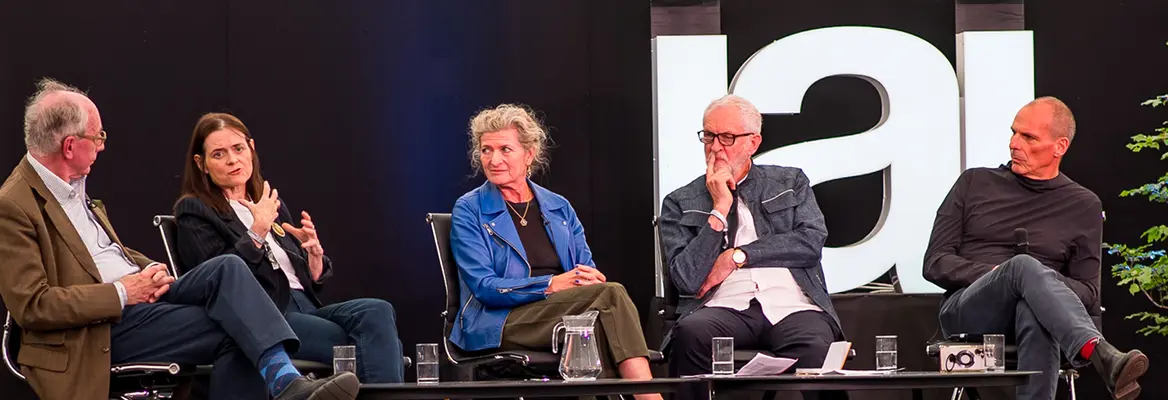

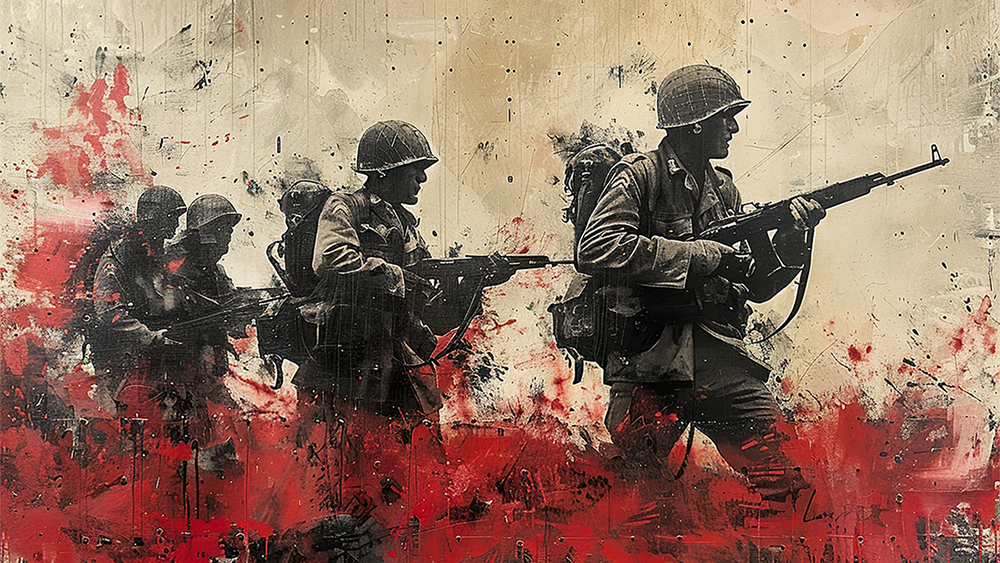


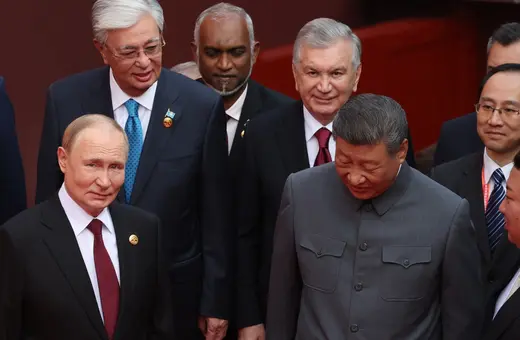

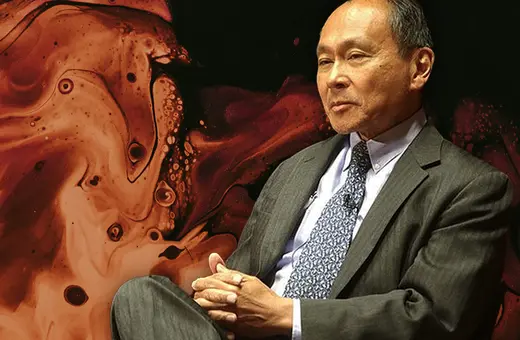




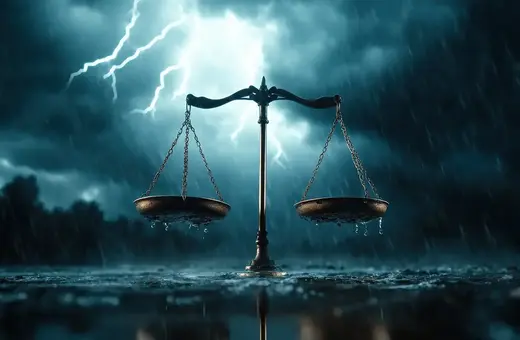


Join the conversation